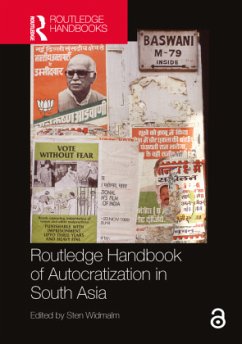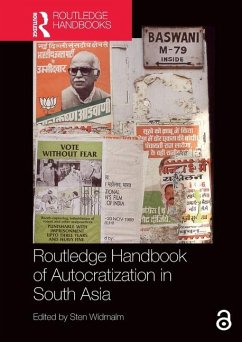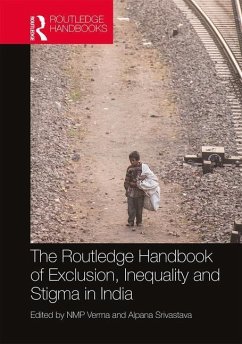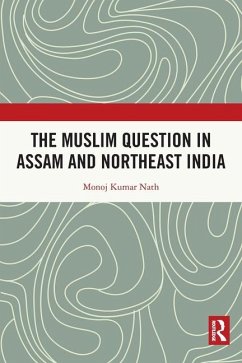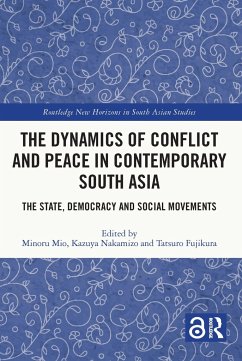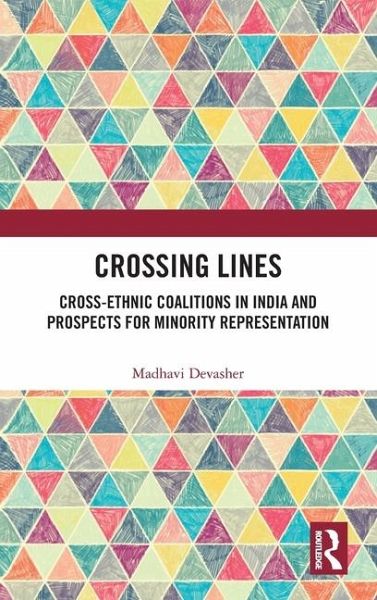
Crossing Lines
Cross-Ethnic Coalitions in India and Prospects for Minority Representation
Versandkostenfrei!
Versandfertig in 6-10 Tagen
154,99 €
inkl. MwSt.
Weitere Ausgaben:

PAYBACK Punkte
77 °P sammeln!
This book explains why, how, and where ethnic political parties unexpectedly seek votes from non-coethnics and when voters support non-coethnic parties. It draws on case studies of three Indian states (Uttar Pradesh, Punjab, Rajasthan) and of Indian national elections to demonstrate how differences in party systems impact political party strategies and voter choices. It shows that multipolar party systems encourage political parties to provide physical security, representation, and economic benefits for minorities, especially Muslims, in India and as a result, foster cross-ethnic links between...
This book explains why, how, and where ethnic political parties unexpectedly seek votes from non-coethnics and when voters support non-coethnic parties. It draws on case studies of three Indian states (Uttar Pradesh, Punjab, Rajasthan) and of Indian national elections to demonstrate how differences in party systems impact political party strategies and voter choices. It shows that multipolar party systems encourage political parties to provide physical security, representation, and economic benefits for minorities, especially Muslims, in India and as a result, foster cross-ethnic links between parties and voters. However, as political arenas become dominated by two or even one party, advocacy for the interests of marginalized groups declines, weakening cross-ethnic linkages. The book thus explains why representation and advocacy for Muslims in Uttar Pradesh and at the national level has alternated dramatically in the 21st century.
Based on original fieldwork and supplemented by existing surveys and secondary sources from the 1990s to the present day, the book addresses critical themes such as inclusion and substantive representation in a democracy, caste and minority politics, ethnic violence, and inter-ethnic linkages between politicians and voters. Demonstrating why political parties support and protect the interests of marginalized ethnic groups in certain political conditions but not others, the volume also speaks to larger questions of the health of multiethnic democracies and democratic backsliding around the world.
Based on original fieldwork and supplemented by existing surveys and secondary sources from the 1990s to the present day, the book addresses critical themes such as inclusion and substantive representation in a democracy, caste and minority politics, ethnic violence, and inter-ethnic linkages between politicians and voters. Demonstrating why political parties support and protect the interests of marginalized ethnic groups in certain political conditions but not others, the volume also speaks to larger questions of the health of multiethnic democracies and democratic backsliding around the world.





